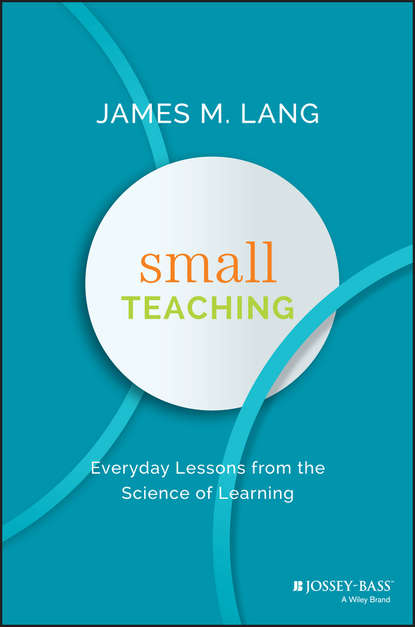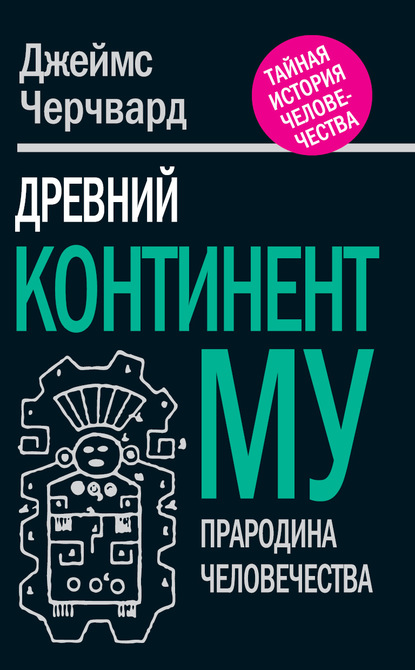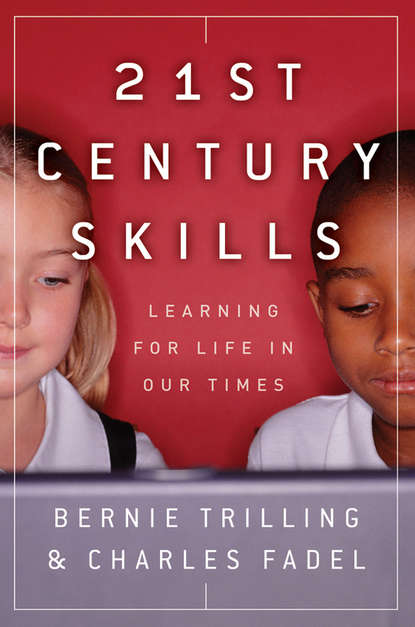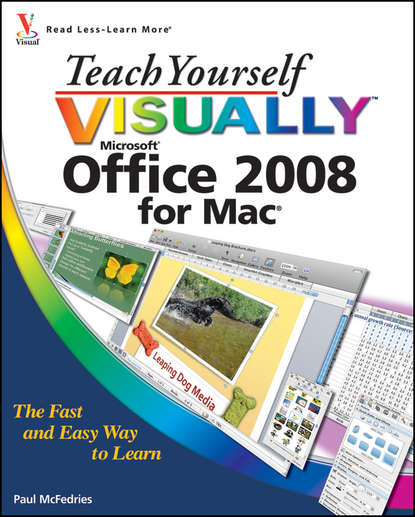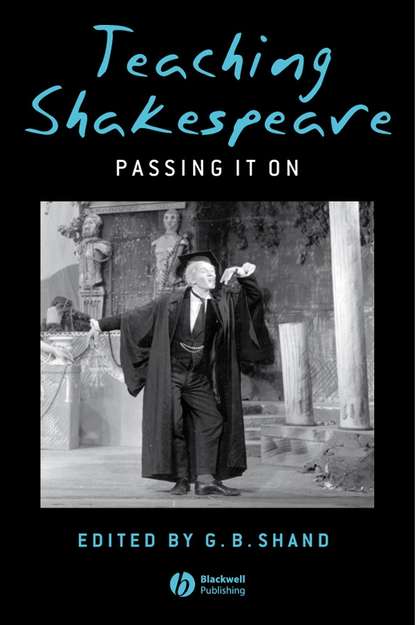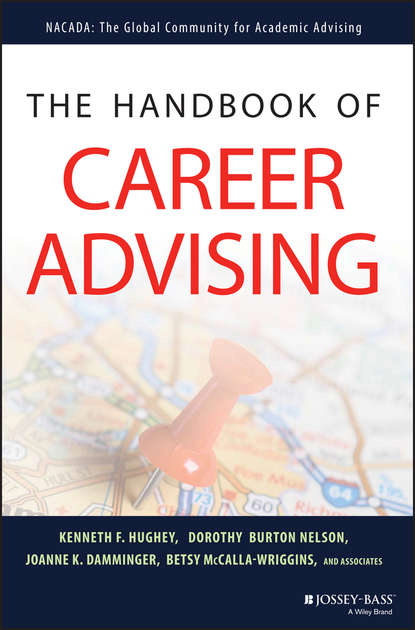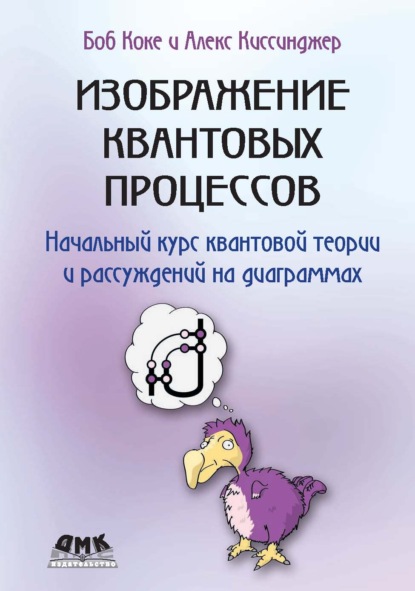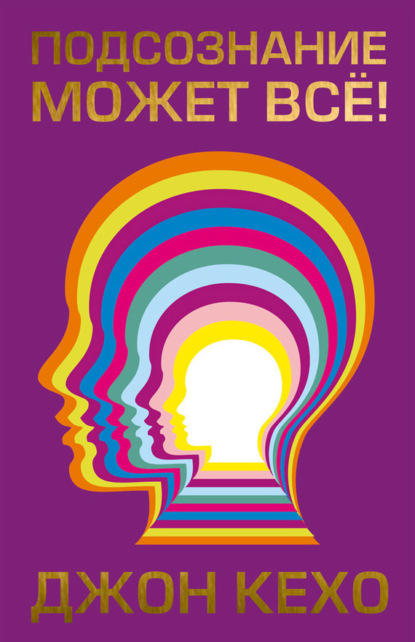Книга "Small Teaching. Everyday Lessons from the Science of Learning" представляет собой стратегию, которая поможет улучшить процесс обучения студентов благодаря нескольким небольшим, но мощным изменениям. Автор Джеймс Лэнг предлагает использовать когнитивную теорию для лучшего усвоения материала студентами. В книге приводятся конкретные примеры того, как можно применить эти изменения в любой дисциплине и даже в существующих методиках преподавания. Каждая глава вводит основные понятия когнитивной теории, объясняет, как и когда это должно быть использовано, и предоставляет примеры того, как такие изменения могут быть использованы в различных областях. Техники "Small Teaching" включают краткие учебные занятия в классе или онлайн, одноразовые вмешательства и небольшие изменения в дизайне курса или коммуникации со студентами. Эта книга поможет преподавателям лучше понять, как учатся студенты и как можно использовать эту информацию для улучшения качества обучения.
From the science of learning every day: A practical guide to fully utilizing cognitive science in the classroom, by James Lang The author of this book introduces cognitive science to students and teachers, helping them understand how their minds work and how this relates to teaching methods. He provided the reader with concrete advice on how to take advantage of newly discovered knowledge and apply it to everyday classroom situations.
Электронная Книга «Small Teaching. Everyday Lessons from the Science of Learning» написана автором James Lang M. в году.
Минимальный возраст читателя: 0
Язык: Английский
ISBN: 9781118944516
Описание книги от James Lang M.
Employ cognitive theory in the classroom every day Research into how we learn has opened the door for utilizing cognitive theory to facilitate better student learning. But that's easier said than done. Many books about cognitive theory introduce radical but impractical theories, failing to make the connection to the classroom. In Small Teaching, James Lang presents a strategy for improving student learning with a series of modest but powerful changes that make a big difference—many of which can be put into practice in a single class period. These strategies are designed to bridge the chasm between primary research and the classroom environment in a way that can be implemented by any faculty in any discipline, and even integrated into pre-existing teaching techniques. Learn, for example: How does one become good at retrieving knowledge from memory? How does making predictions now help us learn in the future? How do instructors instill fixed or growth mindsets in their students? Each chapter introduces a basic concept in cognitive theory, explains when and how it should be employed, and provides firm examples of how the intervention has been or could be used in a variety of disciplines. Small teaching techniques include brief classroom or online learning activities, one-time interventions, and small modifications in course design or communication with students.
